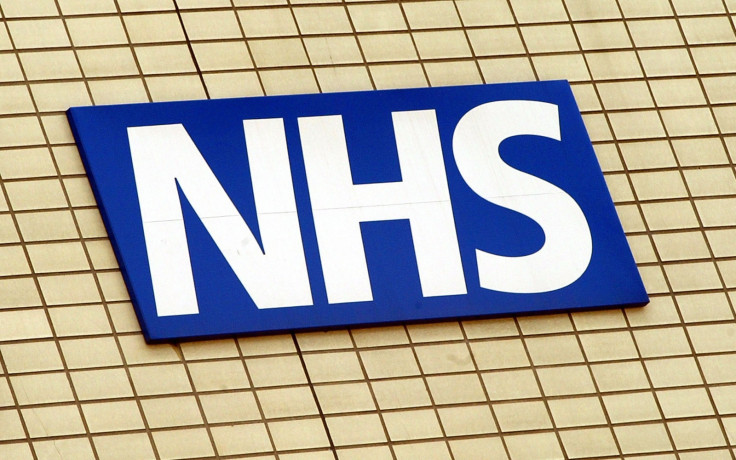NHS chatbots could replace human phone operators to reduce pressure on frontline services
The use of artificial intelligence is the latest initiative being thrown at the the crisis engulfing the NHS.

More than a million NHS patients could be screened by chatbots as part of a new scheme designed to alleviate the unsustainable pressures currently burdening hospitals and surgeries.
A new app is being trialled that allows people to discuss their symptoms with a 'chatbot' before taking further action. These automated response systems would effectively be performing the task of a 111 (non-emergency) operator. The trial is set to involve patients from North London.
In this trial, when patients dial 111, they would be prompted to try the app. If they do so, they will then type in their symptoms via text, leaving the chatbot to decide how urgent the situation is and to recommend the right course of action.
However, the plan is not without controversy. Dr Chaand Nagpaul, chairman of the British Medical Association's GP committee, told the Telegraph the system could add to the pressure on hospitals rather than reduce it.
"Owing to the lack of input from a trained professional, this simplistic system could, like NHS 111, result in more people being sent to overstretched GP or A&E services who don't actually need treatment – or, conversely, serious conditions being missed," he said.
The introduction of such a service into the NHS could be essential if the service is to overcome the severe waiting times and bed shortages that have characterised the last few years and led to annual winter crises.
The chatbots are the latest means of attempting to alleviate pressure on A&E units across the UK, which are beset with people suffering from minor injuries and leaving those with primary care needs experiencing lengthy waiting times. Plans to introduce the booking of GP appointments and the issuing of prescriptions online are also expected to become a reality in the near future.
This week, chief dentists revealed estimations of 100,00 people a year attending A&E with toothache-related concerns.
© Copyright IBTimes 2025. All rights reserved.





















